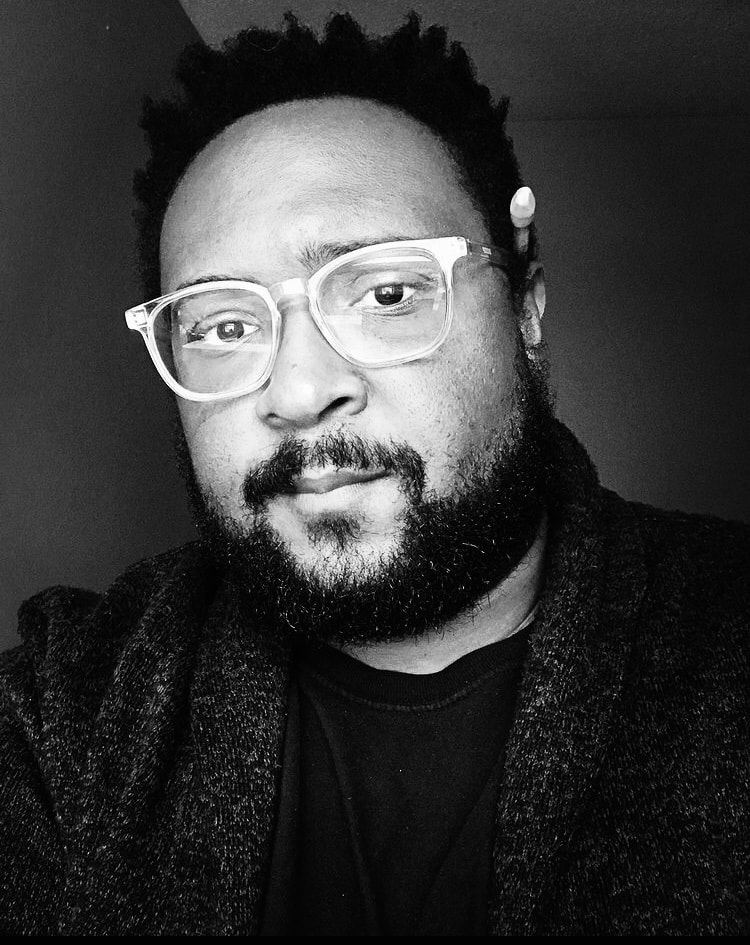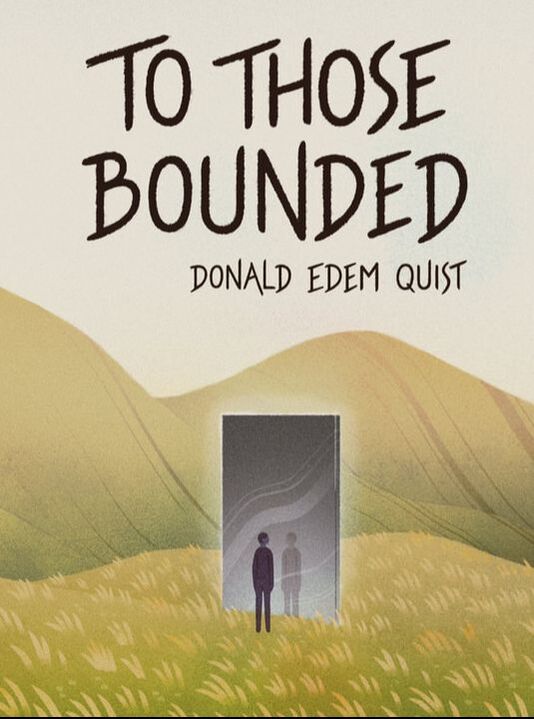The Assay Interview Project: Donald Quist
February 14, 2022
|
Donald Quist is author of two essay collections, Harbors, a Foreword INDIES Bronze Winner and International Book Awards Finalist, and To Those Bounded (forthcoming). He has a linked story collection, For Other Ghosts. His writing has appeared in AGNI, North American Review, Michigan Quarterly Review, The Rumpus, and was Notable in Best American Essays 2018. He is creator of the online nonfiction series Past Ten. Donald has received fellowships from Sundress Academy for the Arts, Kimbilio Fiction, and served as a Gus T. Ridgel fellow for the English PhD program at University of Missouri. He is Director of the MFA in Writing at Vermont College of Fine Arts
|
|
About To Those Bounded: Is it possible to be free while bound by an American myth? To Those Bounded explores the effects of living in the far-reaching shadow of stereotypes, and the pressures one feels when their actions are always framed as reinforcing or rejecting an ethnic caricature. In this collection the author reflects on how popular media have shaped his identity, and how he's learned to navigate the expectations it creates. Drawing inspiration from Maud Martha by Gwendolyn Brooks and Pensées by Blaise Pascal, the personal vignettes that compose To Those Bounded examine Black exceptionalism and the mythos of criminality among African American men.
Payton Kearns: To Those Bounded is a work concerned with the pressures of a group of people bound by limits and stereotypes and the omnipresence of those binds in your own individual life. In vignettes that explore personal experiences and recount acute moments of historical racism, this book doesn't shy away from asking questions as issues like guilt, the legitimacy of memoir, marital infidelity, and others are worked through. Though some of the questions you tackle have concrete answers, others remain unanswerable, such as what it means to live and the role suffering should play in life. Would you talk about the way you approach the unanswerable? What does contemplating impossible questions bring to writing and life?
Donald Quist: I believe that creative nonfiction as a genre is best suited for examining the unanswerable. The word essay derives from essai, which means to try. I’ve got questions that drive my daily life, like, what does citizenship really mean? What does a nation owe its populations? Writing helps me think through these questions. This practice doesn’t necessarily offer me reconciliation or resolution, but it provides me opportunities to offer my own questions and interrogate injustices I witness and experience. A harrowing account of running from the police frames this text. Inside that frame, we encounter a series of scenes told both in present tense and flashback. Can you talk about the mechanics of tense, decisions of how and when to look back and, more broadly, how structure works for you? Form should follow function. Throughout To Those Bounded, I employ a variety of tenses, structures, and points of view in service of the narrative intention. Tense is hugely important in conveying tone and emotion. For the opening, I wanted to pull the reader in with a sense of movement and urgency. The present tense does this well. This choice in tense also helps convey a universality to that moment. Coupled with a second-person ("you") the present tense becomes a list of imperatives for those who may find themselves feeling pursued elsewhere. Would you speak to the role of language and register in your work, especially the use of slang and dialect in the opening chapter of the section titled “The Souls of Latarian Milton,”? In "The Souls of Latarian Milton,'' I am trying to provide a personal reflection of Du Bois' concept of double-consciousness, the idea that for most Blacks in America, for most people of color in America period, there is a sense of self-division created by having to diminish aspects of their identity to safely navigate colonial and white hegemonic spaces. To articulate something like that on the page, it required me to rely on tone and voice. Slang, dialect, jargon, whatever really, I just had to make space on the page to allow myselves to engage in the kind of internal struggle for expression I feel every day. Later in the book, you include a copy of a German leaflet for African American soldiers in the first World War. You also include a copy of Frederick Douglass’ call to arms for African American troops, and you reference a 1919 issue of a magazine founded by W. E. B. Du Bois and others. What was your research process like? Were these documents that you had planned on using or new discoveries? What did you find that was unexpected? I used to be a Circulation Coordinator at an academic library. Now, doing scholarly research is a huge part of my life and process. I’m constantly looking for historical and archival texts to supplement my personal narratives, consistently looking for texts that might help me better contextualize my own experience. In any project, I feel like, if I'm doing it right, I should be reading and researching as much as I'm writing. For most of the essays in To Those Bounded, I did considerable research before beginning. In the instances you mention, I found those images long before I ever started working on the essay. Often it feels like my creative work is a means of recording things I've learned or new discoveries that I find interesting. It's kind of always a happy surprise when I figure out that the research into themes and subjects that drive me academic interests can be incorporated into my creative writing to broaden a reader's understanding. You write about your fascination with reality TV courtroom shows. This turns out not to be a true guilty pleasure, however, given how your analysis of these shows gets at what an impartial and objective system of justice could look like. Still, I can’t help but suspect you harbor a truly guilty pleasure or two in your media diet. Care to share? I think I'm entering a stage in my life where the least of my guilt is the media I consume. I guess, unfortunately, many of my favorite rappers are problematic. There is also my obsession with competition shows, specifically ones in which the contestants are exercising an artform or craft. I binge A LOT of RuPaul's Drag Race, Making the Cut, Blown Away, and The Great British Baking Show. Payton Kearns is a Master’s student at the University of Missouri.
For Further Reading |

